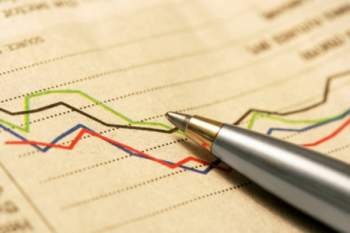
Dividends: Everything to Know

What is a Dividend?
Dividends are payments made by a corporation to its respective shareholders. Dividends represent a portion of the corporate profits that are paid out quarterly or periodically to stockholders of the underlying company. Not all companies will issue dividends; those that do are typically safer investments due to the fixed and guaranteed delivery of funds.
When a corporation earns a profit or possesses a surplus, those funds can be put to two uses: the monies can either be re-invested into the business (retaining earnings) or the funds can be paid out to the shareholders in the form of a dividend. The majority of corporations will retain a portion of their earnings and the pay remainder as a dividend.
For a public company that issues stock and provides dividend payments to their shareholders, the funds are allocated as a fix amount based on the amount of shares the individual owns. Therefore, a shareholder receives dividends in proportion to their respective shareholding.
For companies, the payment of a dividend is not expense, but rather, it is the division of net profits (after taxes) among its stakeholders. Profits that have not been distributed as dividends (retained earnings) will be expressed on the company’s balance sheet in the shareholder equity section. As stated before, companies who pay a dividend typically do so, on a fixed schedule; however, the company may choose to issue a dividend whenever it feels necessary—a company may issue unexpected dividends to shareholders to boost confidence in troubled or sketchy times.
How are Dividend Payments made?
Dividend payments are typically paid in cash, store credits (more common for consumer or retail stocks) and shares in the company. Furthermore, a number of public companies will offer dividend reinvestment plans, which will take the periodic dividends and use the cash to automatically purchase additional shares for the holder.
Important dates for Dividends:
The issuance of dividends must be approved by a company’s Board of Directors each time they are distributed to the shareholders. For public corporations, there are four primary dates to acknowledge regarding dividends: the declaration date, the in-dividend date, the ex-dividend date and the book closure date. The declaration date refers to the day the Board of Directors announces its intention to offer a dividend.
The In-dividend date is the last day, where the stock is said to offer a dividend—existing holders of the stock and those who buy it on this day will receive the dividend, while any holders selling the stock will lose their right to claim the dividend. The ex-dividend date is the date in which all shares bought and sold can no longer come attached with the right declare the most recently-issued dividend. And lastly, the book closure date will signify the date in which the issuing company will temporarily close its books for fresh transfers of stock.



















